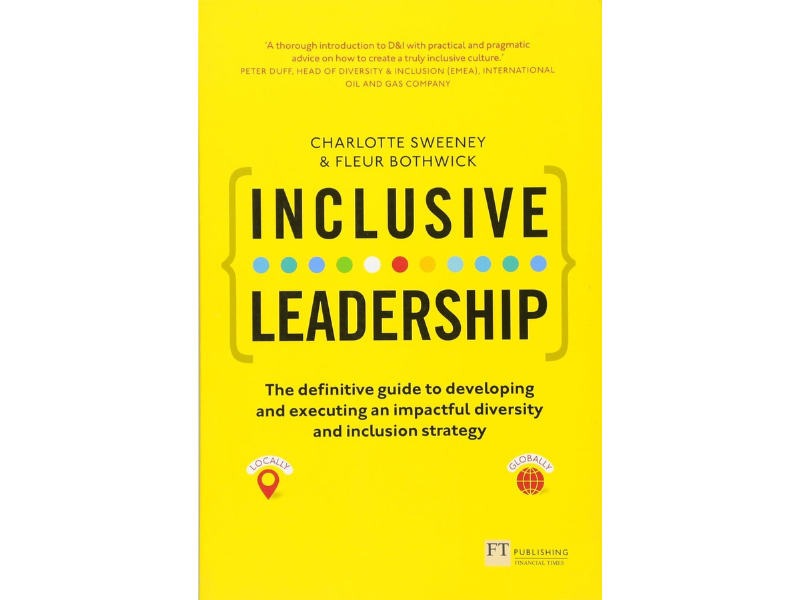 Developing your leadership skills
Developing your leadership skills
In Part I, we looked at a recent study that showed that women demonstrate more leadership ability as they mature and what you can do now to ‘lead, before you are a leader’. Let’s look now at how you can continue to develop your leadership skills and ask ourselves if more women will become successful leaders in the future?
We know that leaders in large corporate organisations need to nurture a culture in which resources are responsive and flock around the critical activities that need to be done (‘Alpha Leadership’; Dilts, Russell, Deering (2002)). So how can you develop your leadership skills and build teams that use their initiative?
If there are lessons you need to learn along the way, you need to learn them, so don’t try to avoid them or short-cut them. This is not an excuse for staying in your comfort zone and just letting it happen..
Here are some other tips to build on the list from last time:
- Learn how to be coached and to coach others – identify role models from whom you can learn and ask for their help and assistance (remember, if you don’t ask you don’t get!). This will help you to learn what you need to learn to get to the next level. Also, be open to teaching and coaching others in all areas – you will find that the act of coaching others will help you to learn.
- Develop a curiosity and appetite for continual learning and improvement – only by doing this will you stay ahead of the competition and maximise your potential.
- Start to think strategically about the business and department in which you work, identifying any opportunities for improving the way that things are done and thereby demonstrate the value that you can add to the business.
- Outline the vision for your team and show them the behaviours and attitudes that you want them to demonstrate, and then encourage them to make their own contribution towards achieving goals you have set for the team.
- Compete with your peers, but don’t put other people down – you will find that your actions speak much louder than words, and you want to develop a reputation for helping others and for being trustworthy. Sometimes this means being a good listener. Nobody really wants to work for someone who only build themselves up and puts others down.
- You will encounter set-backs, so use positive self-talk and manage your state so you can continue to come across as positive in the face of adversity – lead by example and help to motivate those around you.
- Develop flexibility in terms of your behaviour and how you communicate – the greater flexibility you can demonstrate, the more options and choices you will have in terms of how you respond to circumstances, and this will increase your chance of achieving your outcomes and goals.
- Start to demonstrate your effectiveness at making decisions. Seek advice and guidance. Discuss and debate the various issues and options with the team. Try to build a consensus. And in the end, you need to make the decision and then have the courage to stand by it.
Growing into leadership at the right time
Finally, it’s important to recognise that you are where you are. In ‘Synchronicity: the Inner path of leadership’ (1998), Joseph Jaworski highlights that leadership is about making a contribution to something higher than ourselves, and that there is a phenomena of fateful inter-connectedness which helps leaders develop at the right time. In other words, the right time for you to be a leader will come, at the right time for you to be a leader.
If there are lessons you need to learn along the way, you need to learn them, so don’t try to avoid them or short-cut them. This is not an excuse for staying in your comfort zone and just letting it happen, but rather a call to determine where your special talent lies and what you enjoy doing to help others, to be honest about where you are on your development path and what you have to do to demonstrate your leadership potential. It is never too late to make a fresh start and to take the next steps on your journey.
So will more women be successful leaders in the future? Of course, the answer is in your hands.
 Author Bio:
Author Bio:
Lyndon Price is Director at Performing People, a people performance and training consultancy. He has over 20 years’ experience of managing teams as a management consultant and interim project manager, specialising in financial services, is married and has two daughters. He is a qualified NLP (Neuro-Linguistic Programming) trainer and a member of the Association of NLP.









